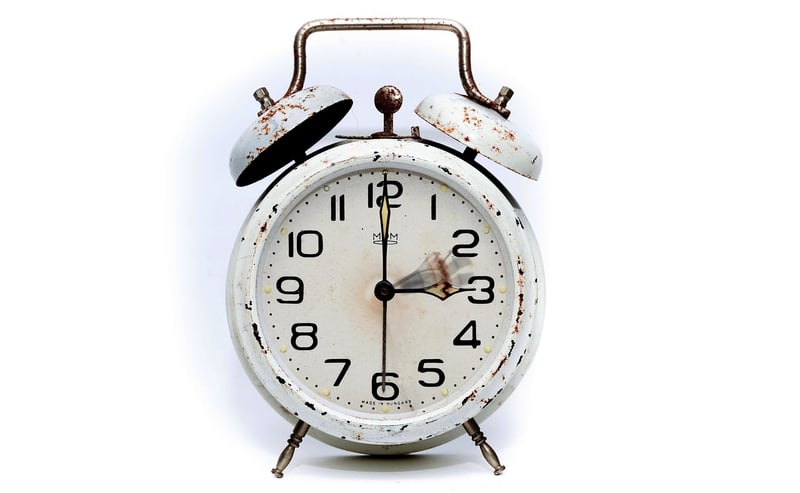Era Preservation
Regulating Time Travel Activities for Era Preservation
Time travel has long been a fascinating concept in science fiction, but what if it were possible in reality? The idea of traveling through time, visiting historical eras, and witnessing significant events firsthand is both thrilling and daunting. However, with great power comes great responsibility. The preservation of historical eras and ensuring that time travel activities do not disrupt the natural flow of history are crucial considerations.
The Need for Regulation
As time travel technology advances, there is a growing need for regulations to govern its use. Without proper guidelines in place, the consequences of altering past events or inadvertently changing the course of history could be catastrophic. To prevent such disruptions, regulatory bodies must be established to oversee and monitor time travel activities.
Preserving Historical Eras
One of the primary objectives of regulating time travel is the preservation of historical eras. Each period in history is unique, with its own set of events, people, and cultural significance. By preserving these eras in their original state, future generations can learn from the past and appreciate the rich tapestry of human history.
Guidelines for Time Travelers
Time travelers must adhere to strict guidelines to ensure the preservation of historical eras. Some key rules that may be enforced include:
- Avoiding direct interference with historical events
- Respecting the customs and traditions of the era being visited
- Minimizing impact on the timeline to prevent unintended consequences
- Obtaining necessary permits or approvals for time travel activities
Enforcement and Penalties
Regulatory bodies responsible for overseeing time travel activities must have mechanisms in place for enforcement and imposing penalties. Violations of time travel regulations could result in fines, temporal sanctions, or even temporary suspension of time travel privileges.
Conclusion
As the prospect of real-time travel becomes more plausible, the need to regulate such activities for the preservation of historical eras becomes increasingly important. By establishing clear guidelines, enforcing regulations, and promoting responsible time travel practices, we can ensure that the integrity of history is maintained for generations to come.

Image source: Pixabay
